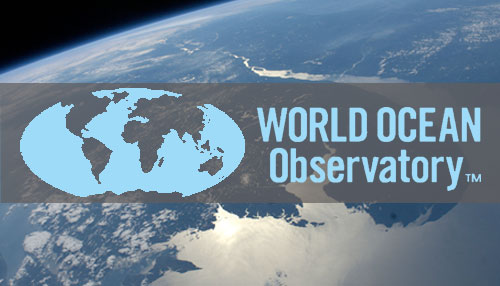
OUR MISSION
World Ocean Observatory (W2O) is the leading organization advocating for the health and sustainability of global climate and ocean through an accessible worldwide network of communication. Through education, partnership, information exchange, public connection, and relentless communications, W2O is committed to building an expansive global community of ocean literate individuals who will promote and conserve natural and marine resources for the future of all mankind.
PREMISES
- The ocean is an inter-connected global ecosystem that integrates natural process, habitat and species with human intervention and impacts.
- The ocean is a comprehensive social system that integrates human need for fresh water, food, energy, health, transport, and recreation.
- The ocean is a complex political system that integrates nations and connects peoples through economic interests, cultural traditions, and cooperative governance.
- The ocean today evinces a critical shift: from abundance to scarcity, accommodation to conflict.
- The ocean today is viewed as a place apart, its significance fundamentally misunderstood and critically ignored at most levels of society.
- The ocean demands a new information service that meets the needs of an inquisitive public and transcends the limits and biases of governments, research organizations, national interest groups, and non-governmental organizations with more narrowly defined environmental agendas.
- The ocean is climate. Climate is ocean.
GOALS
- To build an educational initiative incorporating ocean information into exhibits, educational innovations, public programs, and informational services.
- To share these resources through partnerships with existing museums, science centers, aquaria, libraries, NGOs, schools and other educational institutions, thereby reaching audiences around the world with the greatest effect and economy of scale.
- To expand public awareness of the implication of the ocean for the future of human survival.
- To serve as a central place of exchange for ocean information, education and public discourse. To serve as an independent forum and focus for ocean affairs.
- To advocate for the ocean through an open, worldwide network of communication.
- To provide a window on the future of the ocean for the general public and decision-makers around the world.
STRATEGIES
- To communicate globally.
- To use the efficiency of partnerships and existing structures.
- To reach a differentiated audience, locally and worldwide.
- To affect the inter-generational transfer of knowledge.
- To be science-based and humanities-driven.
- To be non-litigious, independent and apolitical.
- To advocate through information and education.
- To promote civil discourse, peace and security on the ocean.
- To be optimally economical in service, personnel, and overhead.
- To be financially self-sustaining through grants and endowment.


